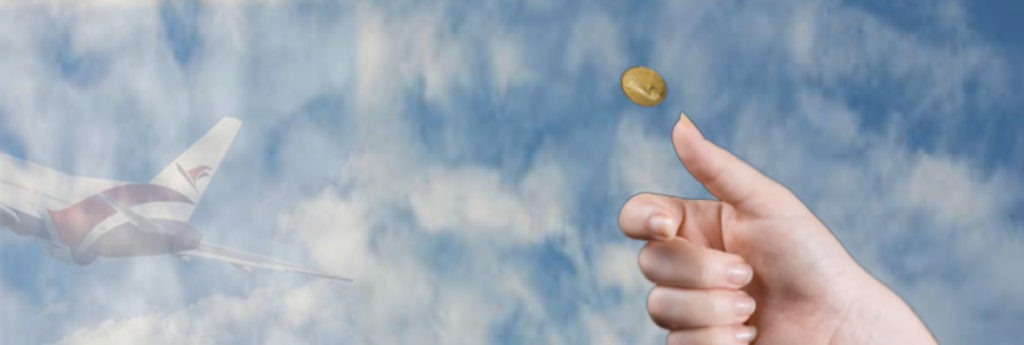Flair Airlines Ltd. is pulling out of the airport in Abbotsford, B.C., due to a lack of passengers and intense competition from rival budget carrier Swoop. “We just can’t compete with $3 airfares in the market – and not just a few of them, but tens of thousands of tickets,” said Flair CEO Jim Scott.
Scott cites an intense focus on the Abbotsford-Edmonton route by its competitor, a subsidiary of WestJet that has resulted in a glut of cheap tickets.
“Either we’re going to be confined to very few routes or the government’s got to step in and show that anti-dumping and predatory pricing has meaning in Canada,” he said.
Flair operates 12 flights between the two cities each week, but plans to stop in June. Swoop, Flair’s only competitor along the route, operates 16 flights per week in winter and 24 flights per week in summer.
Flair said no passengers will face cancellations as a result of the Abbotsford pullout, which will also end flights between the Lower Mainland city and Kelowna, B.C., Calgary, Winnipeg and Toronto.
Swoop unveiled a so-called loonie sale last month, offering up to 100,000 seats for a base fare of $1 before taxes and fees. The sale disproportionately targets Edmonton-to-Abbotsford, which Swoop points out is its highest-frequency route.
More than one-quarter of the seats under the loonie deal are on the route.
Swoop did not immediately respond to questions Wednesday.
Last year Flair opted to leave Hamilton for Toronto’s Pearson International Airport, just months after Swoop landed at the smaller airport.
In 2018, the Competition Bureau launched an ongoing predatory pricing investigation into Swoop and WestJet over allegations the two carriers used anti-competitive practices to crowd out Flair from at least three routes.
Predatory pricing occurs when a company offers services below “avoidable costs” to hobble a competitor, along with an expectation to recoup losses through future price hikes, according to Competition Bureau guidelines.
“It’s a matter of persuading the bureau that there’s enough of a problem that they should take action,” said competition lawyer Richard Elliott, who used to work on airline cases at the Competition Bureau.
“Predatory pricing cases are fairly difficult to prove,” he said, highlighting slippery definitions around avoidable costs, time frames and “abuse of dominance” under the Competition Act.
A lawsuit combating anti-competitive practices by a dominant firm – abuse of dominance – often has to show that prices have gone up – not down – to prove that competition is “substantially” reduced.
“You’re going after somebody for having low prices in the market, which kind of flips things on its head,” Elliott said. “In the near term, that looks like something that consumers would like…but the longer-term effects may be detrimental if there’s less competition.”
Edmonton-based Flair said Wednesday it will use its two freshly freed-up planes to add and expand service into Eastern and Atlantic Canada starting May 2020. New destinations will include Ottawa, Saint John, NB, Charlottetown, PEI; as well as a returning service to Halifax.

